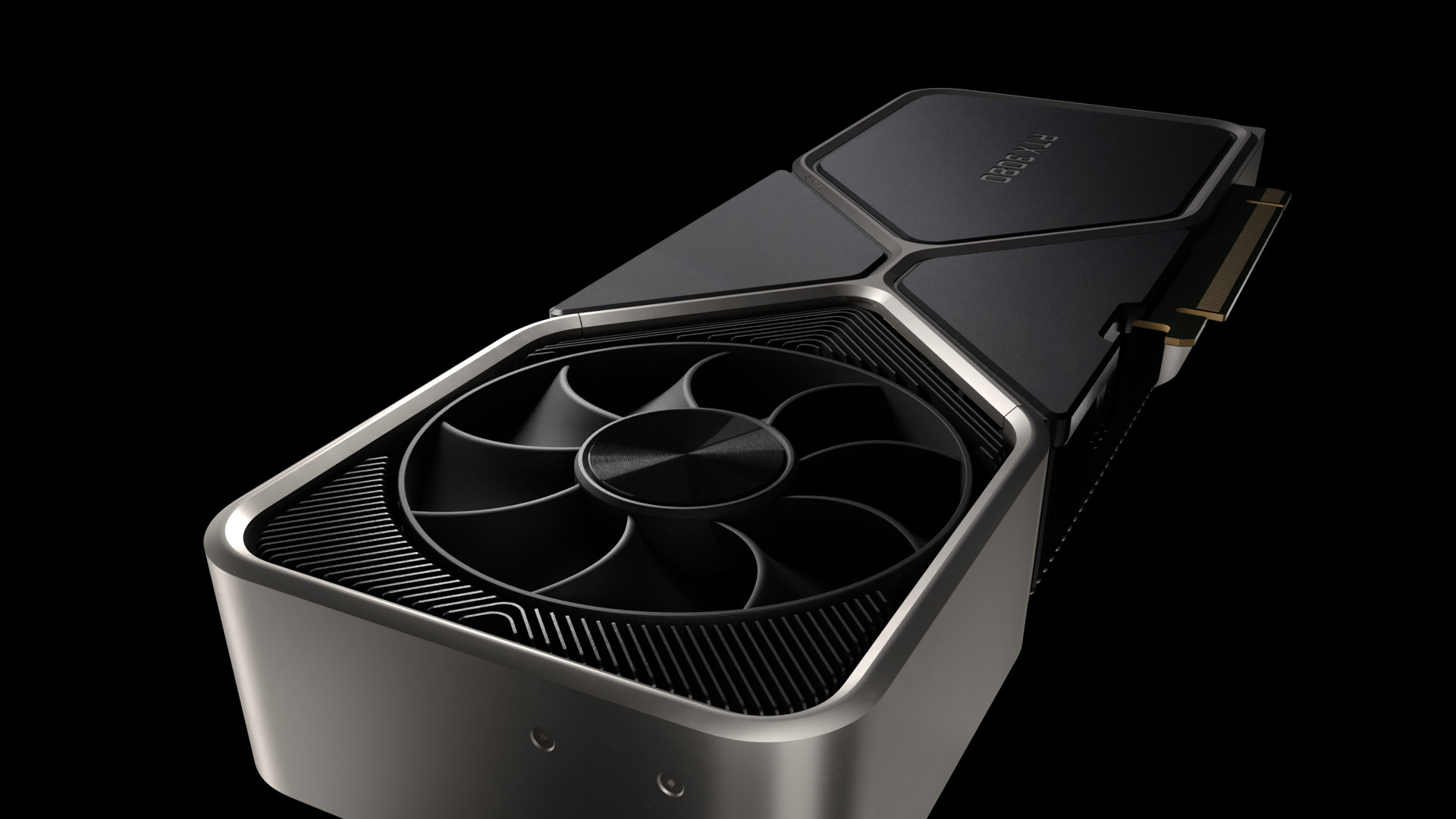A common problem among laptops is that the battery starts to deteriorate and lose charge easily after a few years. To solve this Boston-Power Inc., founded by Swedish profile Dr. Christina Lampe-Önnerud, has come up with a new and improved ”green” version of lithium-ion batteries. These batteries will deliver faster charger times and increased capacities and will be ”like new” for three years. HP has now decided to invest in the batteries called Sonata and starting in 2009, HP will deliver these as an upgrade alternative with selected models.
The developers, Boston-Power Inc., was founded in 2005 by Lampe-Önnerud with the goal of developing the batteries of the future. What makes these batteries different from other ”green” products, which are coming in by the dozen, is that they are also better in terms of performance than current types of lithium-ion batteries. They can deliver a current of 4.4 ampere hours per battery cell, which is about twice that of the battery cells of today, but there is more. The battery can recharge up to 80% in only 30 minutes and deliver consistent performance for 3 years. It’s mainly the latter that makes them green as this will reduce the amount of needed batteries, and thus the amount of lithium.
It certainly adds a nice touch to it, for us at least, that Dr. Lampe-Önneröd was the founder. She moved to the USA in 1995 to do research at prestigious MIT, to move on to work at different battery companies up until 2005 when she decided to start her own company. The result was Boston-Power Inc. which can now cash in its first big order from PC giant HP, but the development doesn’t stop there. Christina and Boston-Power Inc. has some great plans for the future.
We look forward to seeing what Boston-Power will bring to the market in the future and it is always nice to see green alternatives that actually outperforms the non-green one. Battery development is an area rarely discussed at large, mainly because of all the secrecy surrounding it, but there is no doubt that the battery time is crucial to one of the main purposes of the laptop; the freedom. HP’s decision is commendable and we’re looking forward to the first tests to see what kind of performance they deliver and at what cost.


















